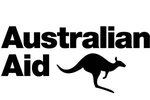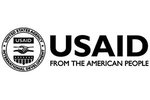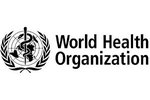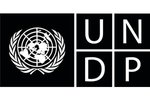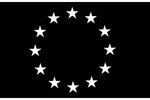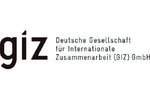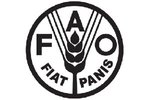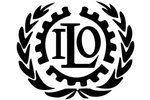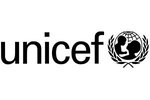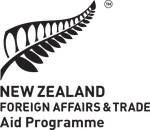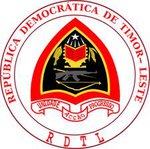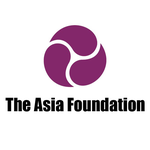A legacy that will live on
As the Jerasaun Foun program wraps up, project coordinator Isabel Pereira reflects on commitment, compassion and the value of partnerships.
I was privileged to be a member of the team working on the Jerasaun Foun program with the Ministry of Solidarity Social and Inclusion (MSSI) and Partnership for Human Development (PHD) in Timor Leste, funded by the Australian Department of Foreign Affairs and Trade (DFAT).
The program has had a remarkable impact, particularly for pregnant women and children, by providing vital financial support during pregnancy and ensuring access to prenatal care and proper nutrition. It ensures that young children get the best developmental start in life, through proper healthcare and nutrition - allowing them to flourish and grow to their true potential - with a special focus on supporting children with disabilities.
It was also the first time the MSSI implemented a program with monthly payments, a significant improvement from previous less frequent payments, often annually. This was made possible by the digital co-design process being incorporated right from the outset of the program.
As of 12 January 2024, 45,323 applications were submitted through the tablet app and actively managed in the Management Information System (MIS). These applications contain information about 11,834 pregnancy allowances, 49,316 child allowances, and 221 children with disability supplement.
In addition to the very real impact this program had for mothers and children, a major highlight was learning from the excellent partnership relationship between MSSI, PHD, and Catalpa. Our unified efforts were pivotal in reaching our shared mission: to ensure the health and wellbeing of pregnant mothers and young children in seven municipalities.
Among the key figures instrumental in this program were the municipal coordinators, who formed part of the design team, ensuring that the digital product design was appropriate for their needs and context. Together with MSSI staff we co-designed the digital approach: from data collection, to verification, beneficiary management and payments management to ensure it was user-friendly, and provided quality information.

In addition to the very real impact this program had for mothers and children, a major highlight was learning from our excellent partnership relationship

The municipal coordinators’ dedication was truly inspiring, working tirelessly to ensure the smooth disbursement of allowances to beneficiaries at their designated health posts. Despite logistical challenges, they collaborated with local agencies and registration officers to ensure beneficiaries received the support they were entitled to. Their unwavering commitment and compassionate approach made a significant difference to the vulnerable people accessing the program.
At the end of February, as the PHD-P4SP-Catalpa support team’s mission was coming to an end, PHD organised a lunch for all of us to have the chance to exchange final words and be thankful for our mission together. The Catalpa team were honored by a gift from the PHD team: personalised t-shirts for each team member, highlighting each person’s special contribution to the project. It is moments like these that remind us not just of why we do this work, but also that it would not be possible without strong partnerships.
Jerasaun Foun might have come to an end but its legacy will certainly live on. In addition to support for vulnerable women and children, MSSI staff have now taken ownership of the digital design principles that promote accuracy, accountability, accessibility, and productivity. As implementing partners, we have definitely learned invaluable lessons and will continue to use what we have learned in the next challenge.
